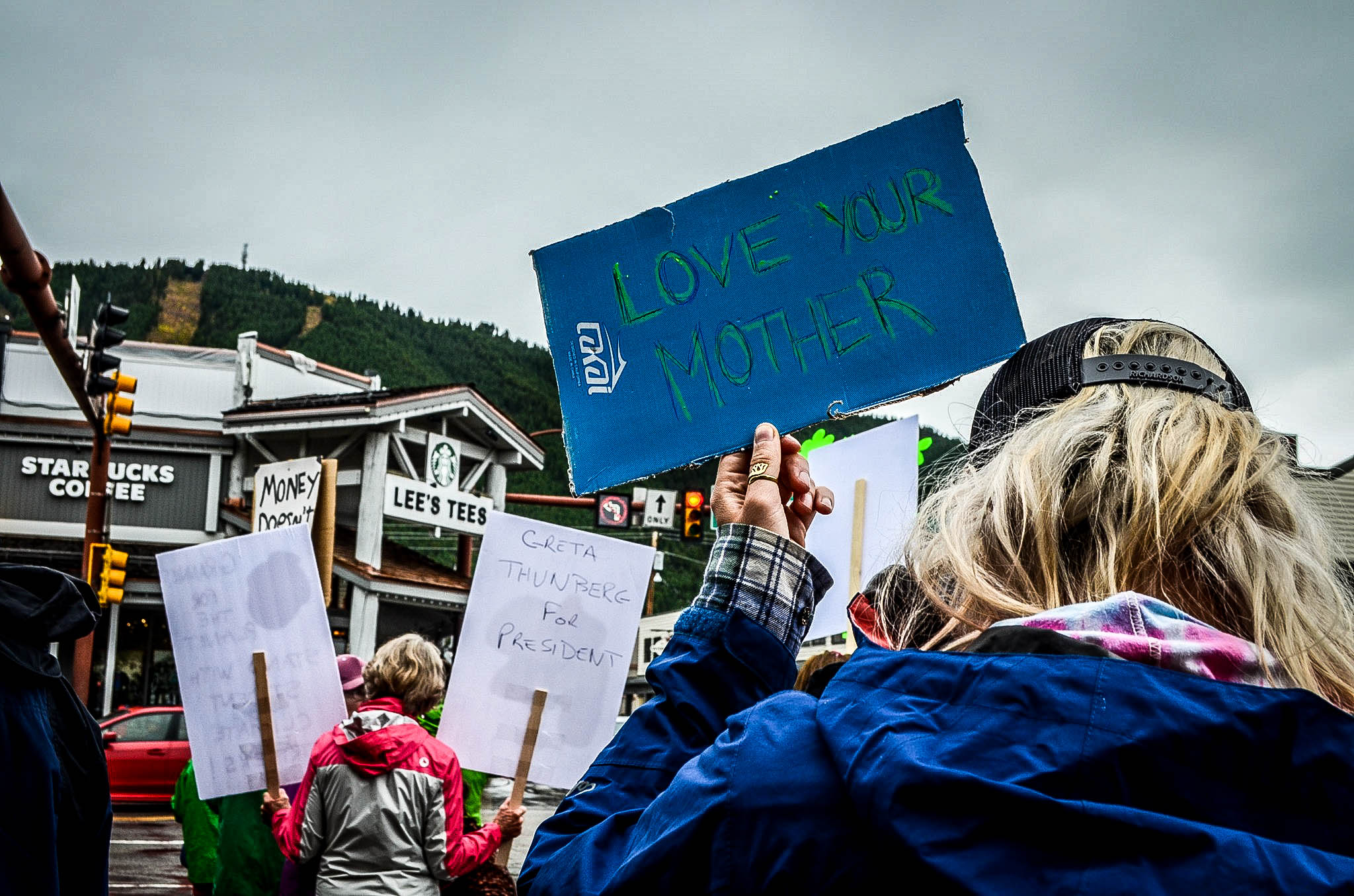In the last decade, emissions in Teton County climbed 17%. The main culprit? Transportation. Nearly two-thirds of those emissions were from vehicles. What makes these findings further problematic is that the rise in emissions wasn’t commensurate with population growth. All of this is according to a 2018 local emissions inventory.
Phil Cameron of Energy Conservation Works says residents have a tendency to point fingers in different directions. “We want to look at ‘the other’ as the solution to the problem, ‘Oh well, it’s air travel or it’s all the visitors,'” he said. “It’s all of those things, and us.”
According to that emissions report, at the local level one solution is creating a climate action plan.
Climate experts say the first step toward meaningful action on climate change comes with such a plan. And hundreds of cities have put climate action plans on the books, from Baltimore to Sacramento. In the Mountain West, Park City, Utah, has one. Aspen, Colorado, does too. In fact, more than 30 Colorado communities have them. But in a supposed conservation hub like Jackson Hole, there is no such road map for curbing carbon emissions on the books.
That may change soon, however. Local representatives from the private and public sectors, like Cameron, have been holding meetings to discuss taking action. And last week, Mayor Pete Muldoon launched a grassroots effort to get the public talking.
But why now? In June 2017, just after President Trump announced the U.S. would withdraw from the Paris Climate Accord, Jackson Town Council signed a resolution vowing to uphold the goals of the agreement. But we haven’t heard much from Muldoon on this issue since. KHOL asked the mayor why.
Muldoon also told KHOL why he initiated a climate effort at the grassroots level instead of through policy.
Listen above for more.






